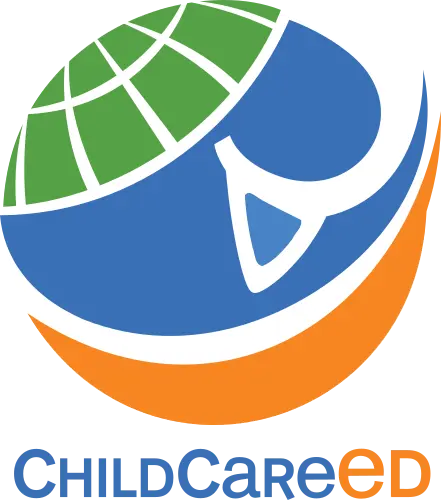Latest Blog & News

Why Health, Emotions & Learning Are Inseparable in Early Childhood
10/01/2025Close your eyes for a moment and imagine a #toddler making a castle out of blocks. She pauses, frowns, rearranges, rebuilds, smiles. What’s happening in that moment is not just #play — it’s a dance of body, mind, and heart. In #early-childhood, health, emotions, and learning don&r... Why Health, Emotions & Learning Are Inseparable in Early Childhood

Step Into Your Future: Why the CDA Bridge Bundle Could Be Just for You!
09/30/2025Step Into Your Future: Why the CDA Bridge Bundle Could Be Just for You! If you’re a child care professional in Maryland, you already know how valuable continuing education can be. The 30-Hour CDA Bridge Bundle is designed to help you take the next big step—from your 90-hour certificatio... Step Into Your Future: Why the CDA Bridge Bundle Could Be Just for You!

Talk, Listen, Grow: Why Communication Is the Superpower of Early Childhood Professionals
09/30/2025Talk, Listen, Grow: Why Communication Is the Superpower of Early Childhood Professionals When you think about a superhero’s greatest strength, it’s often their physical power or ability to fly. But in the world of #early-childhood-education, the real superpower is communic... Talk, Listen, Grow: Why Communication Is the Superpower of Early Childhood Professionals

Don't Miss Out: $766 in Expiring Coupons for Child Care Training!
09/29/2025Attention all child care professionals! The clock is ticking, and you have just 30 days to take advantage of an incredible total savings of $766 through various expiring coupons on essential training courses. Whether you’re looking to enhance your skills, meet licensing requirements, or simply exp... Don't Miss Out: $766 in Expiring Coupons for Child Care Training!

🩺Safe & Sound: Health and Safety Requirements Every Childcare Provider Must Know
09/26/2025🩺Safe & Sound: Health and Safety Requirements Every Childcare Provider Must Know Safety is the cornerstone of childcare. Parents trust providers with their most precious responsibility—their children. To earn and maintain this trust, providers must meet strict #health-and #safety requi... 🩺Safe & Sound: Health and Safety Requirements Every Childcare Provider Must Know

🌱Raising the Bar: What Makes a Daycare Provide High-Quality Care?
09/26/2025🌱Raising the Bar: What Makes a Daycare Provide High-Quality Care? Parents want more than just a place to drop off their children—they want a program that #nurtures #growth, #safety, and joy. But what truly defines “high-quality” care in #daycare-centers? Let’s explore the... 🌱Raising the Bar: What Makes a Daycare Provide High-Quality Care?

🏢Smart Starts: Business & Management Practices for Successful Daycare Centers
09/26/2025🏢Smart Starts: Business & Management Practices for Successful Daycare Centers Running a #daycare is more than nurturing children—it’s also about leading a sustainable business. Behind every high-quality childcare program is careful planning, strong #leadership, and solid manageme... 🏢Smart Starts: Business & Management Practices for Successful Daycare Centers

UNITED STATES OF AMERICA - Illinois
09/27/2025ChildCareEd is Approved as a Gateways to Opportunity Registry Authorized Entity. ChildCareEd offers Gateways-approved trainings that align with ECE Credential Competencies for Levels 2–6. ChildCareEd courses may be used to fulfill in-service training requirements for those working in... UNITED STATES OF AMERICA - Illinois

🌈 All Learners, All Ways: Strategies for Differentiating Instruction in Early Childhood
09/24/2025🌈 All Learners, All Ways: Strategies for Differentiating Instruction in Early Childhood Every child enters your #classroom with unique strengths, needs, #languages, and ways of learning. Differentiated instruction helps you meet those differences with intention and care, ensuring all learners fe... 🌈 All Learners, All Ways: Strategies for Differentiating Instruction in Early Childhood

💖Heart & Harmony: Why Social-Emotional Learning Matters in Early Childhood
09/24/2025💖Heart & Harmony: Why Social-Emotional Learning Matters in Early Childhood Young children learn more than academics in #preschool—they learn how to feel, interact, and become kind, confident humans. In this article, we’ll explore why social-emotional learning (SEL) is... 💖Heart & Harmony: Why Social-Emotional Learning Matters in Early Childhood